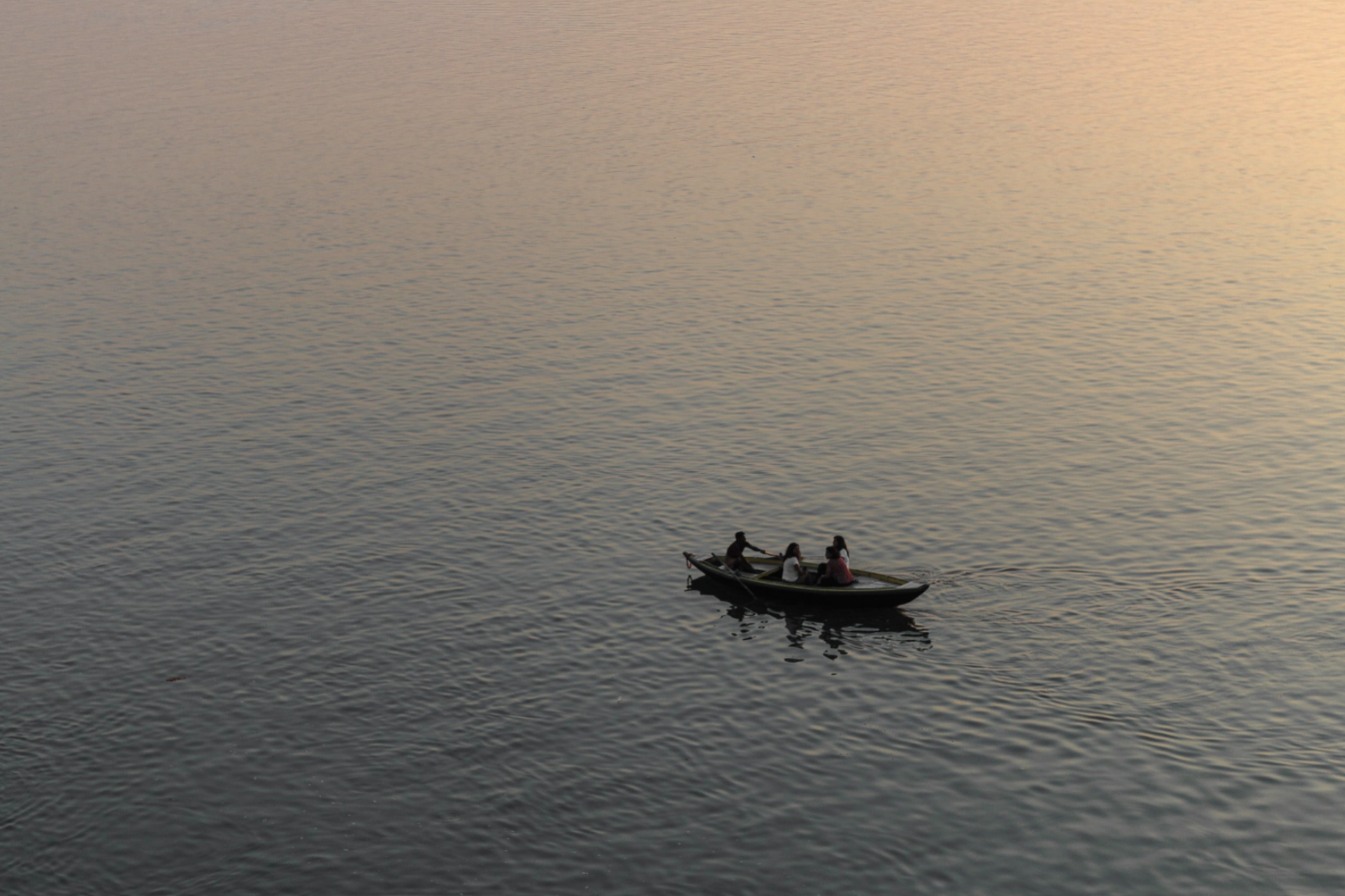Change the change you want to see in the world
Sometimes it can feel like flowing down a marvelous river.
Three years ago I wrote an essay on change, entitled "Find the change you want to see in the world." In it, I pondered a methodology for finding change in our world, both figuratively and literally. Part of this methodology was to play a game of finding spare change laying on the ground as you went through your day. The idea was to develop your sense of noticing what is around you rather than just going through the mechanics of your daily life—a way of building your empathetic muscle.
I still stand by that concept. However, if we are to be the empathetic seekers who help change the world, we must be ready to see when even change is changing.
The nature of my tale helped me to do that, because I now realize that the very concept of picking up loose change off the ground and putting it in your pocket is completely obsolete.
Consider the health risks: who wants to handle nasty coins from the street in this time of COVID-19? And even the change is obsolete. Who carries it anymore, so that it can be dropped accidentally from their pockets? And what would you do with the change, once you found it? Nobody uses pennies, nickels, and dimes anymore.
Put simply—this sort of change is old business.
It's important not to spend too much time fighting the last war. If we really do believe that we must be the change we seek in the world, we must also understand what change in the world is needed. I am pretty sure it's no longer "pocket change."
Change is a huge topic these days, partly because we are going through one of the greatest transformative moments in our recent history. Think about our world of one year ago—never mind the world of three years ago—when I was reveling in finding 57 cents on the ground over an entire year. It's different now—period.
But you know, it's going to be different again pretty soon. The world of one year from now will be post-COVID, God willing and the creek don't rise. Different will be different, change will have changed. We cannot spend all of our time finishing that bridge we started five years before, only to realize that what we need now is a windmill—some entirely different expenditure of our time, money, and efforts which is more appropriate for the world of our near future.
So how do we "be" the change we want to see in the world? Perhaps we start with being flexible, agile, open-eyed, and generous in spirit and mind. Driving with our gaze in the rearview mirror does not cultivate these qualities. Another way to "be" the change is to be ready. I have no idea what specifically for. But there is utility in being prepared for the change you will see in your world and for making the most of it.
Mahatma Gandhi lived in just such a world—one of great change, flux, instability and potential. When Gandhi first uttered the famous words, "Be the change you wish to see in the world," these words and spirit spoke to the notion that we should be personal agents of the changes in the world which we would like to become manifest. We are not victims of the past. Nor should we be victims of a future that we could not positively benefit from and contribute to. "Being" is a process of becoming.
The irony about change, this process of becoming, is that by the time you get to the finish line, that tipping point, it's already moved. This can feel sometimes like Lucy yanking the football away just before Charlie Brown can kick it, or sometimes it can feel like flowing down a marvelous river.
These days, I am no longer looking for loose change on the ground. Rather, I am looking for my paddle, and swimming trunks. As Al Green sang, "Take me to the river. Wash me in the water."

